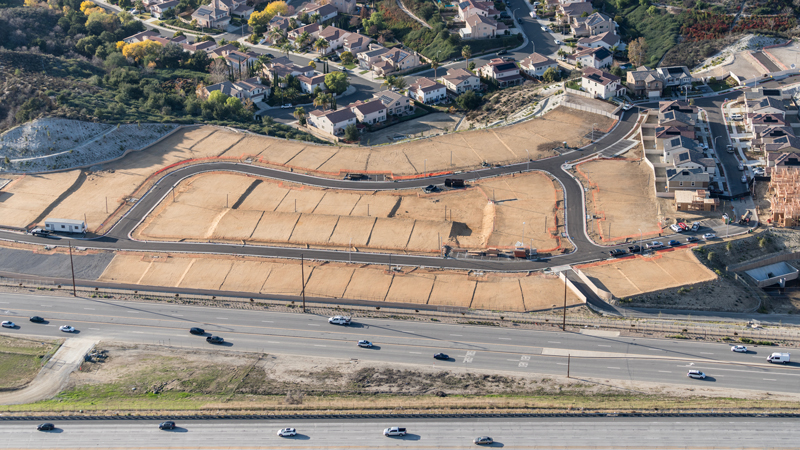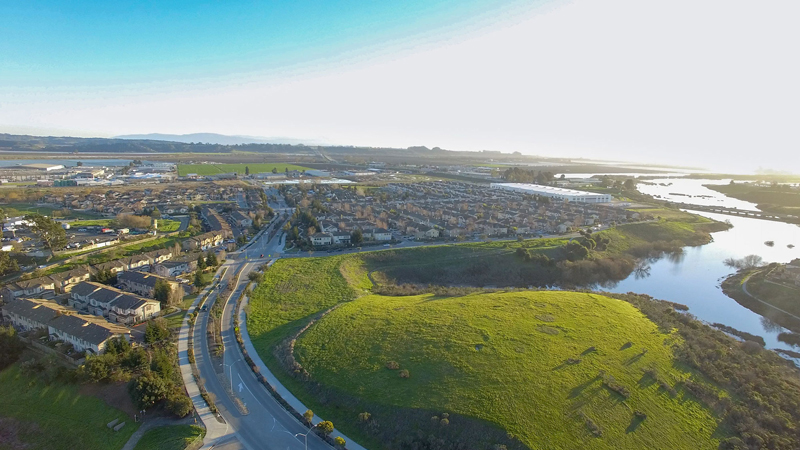3.3 minute read
April 26, 2024
On October 11, 2023, California Governor Gavin Newsom signed Assembly Bill 516 (AB 516) into law. AB 516 amends certain portions of the Mitigation Fee Act (AB 1600), commencing with Government Code Section 66000.
AB 1600 governs Development Impact Fees that municipalities can collect to fund infrastructure needed to mitigate the impacts of new development.
Specifically, AB 1600 requires California agencies to report annually on the Development Impact Fees collected throughout the fiscal year and their uses. Within 180 days after the last day of each fiscal year, agencies must make the following information available for each fee:
- Brief description of the type of fee in the account or fund
- Amount of the fee
- The beginning and ending balances in the account
- The fee amounts collected during the preceding year and the interest earned
- The projects the fees funded and the percentage of the total project costs funded with fees
- The expected start date for construction on incomplete fee-funded improvements for which sufficient funds have been collected
- A description of any inter-fund transfers or loans, the interest the account will receive for the loan, and the date on which the loan will be repaid
- The identification of any refunds made
In addition, every five years, agencies must:
- Identify the fee’s purpose
- Demonstrate a reasonable relationship between the fee and its purpose
- Identify all sources and amounts of funding anticipated to complete financing for incomplete improvements in the fee program
- Designate the approximate dates on which the funding is expected to be deposited into the appropriate account or fund.
Agencies are required to present this information at the next regularly scheduled public meeting no less than 15 days after making it available. Agencies must also publish the information listed above on the city’s website, along with the current fee schedule and an archive of impact fee nexus studies and cost of service studies.
What’s New With AB 516
AB 516 updates and expands on a few aspects of AB 1600, including additional reporting requirements, additional information agencies must provide to an applicant paying Development Impact Fees, and new grounds on which an applicant may request an audit on Development Impact Fee expenditures.
Annual and Five-year Report Requirements
Annual and five-year reports must now include the following information:
- Identification of each public improvement identified in the previous report, and whether construction began on the approximate date noted
- For previously identified projects that did not start construction on the approximate date identified in the prior report, a reason for the delay and a revised approximate construction start date
- For any refunds made, the number of persons or entities identified to receive those refunds
Fee Application Requirements
Agencies must also now provide the following information to an applicant requesting Development Impact Fees:
- Their right to request an audit pursuant to Government Code section 66023
- Their right to file a written request to receive a mailed notice of the local agency’s annual report review meeting
- A link to the location on the agency’s website, which includes fee account or fund information for public review
Audit Requirements
Prior law authorized a person to request an audit to determine whether a local agency’s fee or charge “exceeded the amount reasonably necessary to cover the cost of a product, public facility, or service provided by the agency.” AB 516 allows a person to request an audit to determine when the revenue generated by a fee is scheduled to be expended and when the public improvement is scheduled to be completed.
Interpreting AB 516 for Your Agency
For help and more information about preparing and sharing required reports, including your Development Impact Fee Annual Report, or to learn more about how AB 516 affects your organization, reach out to Harris & Associates. Our Municipal and District Finance team will help you understand the bill and its impacts.














